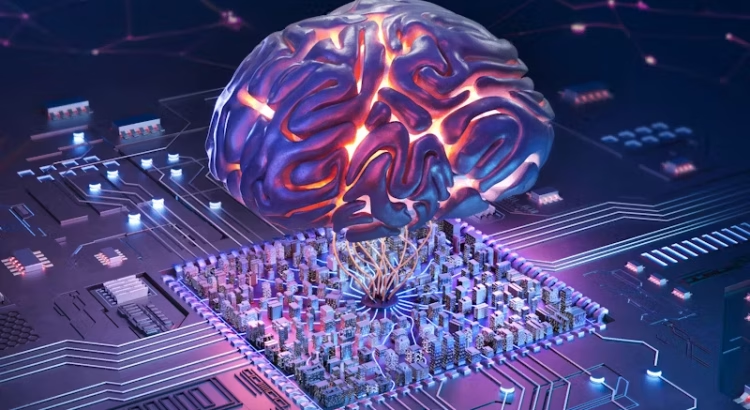Tech by Android – For decades, brain-computer interfaces (BCIs) were considered the stuff of science fiction. Movies and novels imagined direct connections between the human brain and machines, enabling incredible feats. Today, advancements in neuroscience and engineering have begun turning those dreams into reality. Researchers and companies are developing BCIs that promise to revolutionize healthcare, communication, and even daily life.
“Read More: Basic Principles of Radiation Protection and Personal Protective Equipment in Hospitals”
What Brain-Computer Interfaces Are and Why They Matter
Brain-computer interfaces are transforming how humans interact with technology by bridging biological and digital systems. They allow thoughts to control computers, prosthetics, or even vehicles, offering independence to those with mobility or communication impairments. As this technology evolves, it may also enhance learning, memory, and sensory perception.
Helping People With Disabilities Live Better
One of the most promising uses of BCIs is helping people regain lost abilities. Patients with paralysis can operate robotic limbs or wheelchairs through thought alone. Communication devices powered by BCIs allow individuals who cannot speak to express themselves effectively. These tools restore dignity and independence to millions worldwide.
“Read About: Best Free Top Chosen Android Games to Keep You Entertained”
Supporting Recovery After Brain Injuries with Brain-Computer Interfaces in Modern Rehabilitation
Brain-computer interfaces are playing an increasingly important role in neurorehabilitation today. They help retrain the brain after strokes or traumatic injuries by delivering real-time feedback during therapy sessions. This targeted approach accelerates recovery while improving results for patients who struggle with motor skills or cognitive challenges.
Unlocking New Knowledge About How the Human Brain Functions Through BCI Research
By analyzing brain activity with greater precision, BCIs offer researchers unprecedented insights into how the human mind truly operates. This growing understanding could lead to breakthroughs in treating neurological disorders such as epilepsy, Parkinson’s disease, and Alzheimer’s. Each scientific discovery brings humanity closer to solving some of medicine’s most persistent challenges while opening doors to further innovations that were once unimaginable.
Enhancing Mental Abilities in Healthy Individuals Using Brain-Computer Technology
Beyond clinical applications, BCIs show incredible promise in enhancing cognitive performance among healthy individuals. Future advancements may improve memory retention, sharpen focus, or even enable direct mental connections to digital networks. While these enhancements raise valid ethical concerns, they also showcase the transformative possibilities of brain-computer technology and how it may redefine what the human mind can achieve in everyday life and beyond.
Creating Immersive Virtual Reality Worlds Entirely Controlled by Human Thoughts
BCIs could revolutionize entertainment and education by creating fully immersive virtual environments controlled entirely by thought alone. Games, training simulations, and educational platforms would become more engaging, realistic, and effective, blurring the line between imagination and reality. This integration of mind and technology opens up powerful new ways to learn, practice, and create experiences never before possible.
Improving Work Efficiency and Accuracy in Critical Professions Through Thought-Driven Tools
In high-stakes professions, BCIs hold potential to dramatically improve task precision, speed, and safety. Surgeons could perform delicate operations with enhanced control, pilots might navigate under extreme conditions more reliably, and engineers could design intricate systems without relying on traditional input tools. These advancements are expected to reshape entire industries while setting new benchmarks for efficiency and innovation in the workplace.
Protecting Privacy and Ensuring Fair Use of Brain-Computer Interfaces as They Evolve
As BCIs continue to develop, pressing ethical concerns such as personal privacy, accessibility, and equitable use become increasingly important to address. Developers, regulators, and policymakers must work together to prevent misuse, protect sensitive neural data, and guarantee that the benefits of this groundbreaking technology are shared fairly across all segments of society without discrimination or exploitation.
Inspiring Ongoing Innovation and Collaboration Across Scientific and Ethical Disciplines
Finally, BCIs inspire unprecedented collaboration among scientists, engineers, ethicists, and policymakers who collectively shape the field’s growth. Their joint efforts ensure safe, responsible innovation while tackling difficult questions about human identity, agency, and fairness. Each milestone brings humanity closer to unlocking the brain’s full potential and understanding what it truly means to merge mind and machine.



